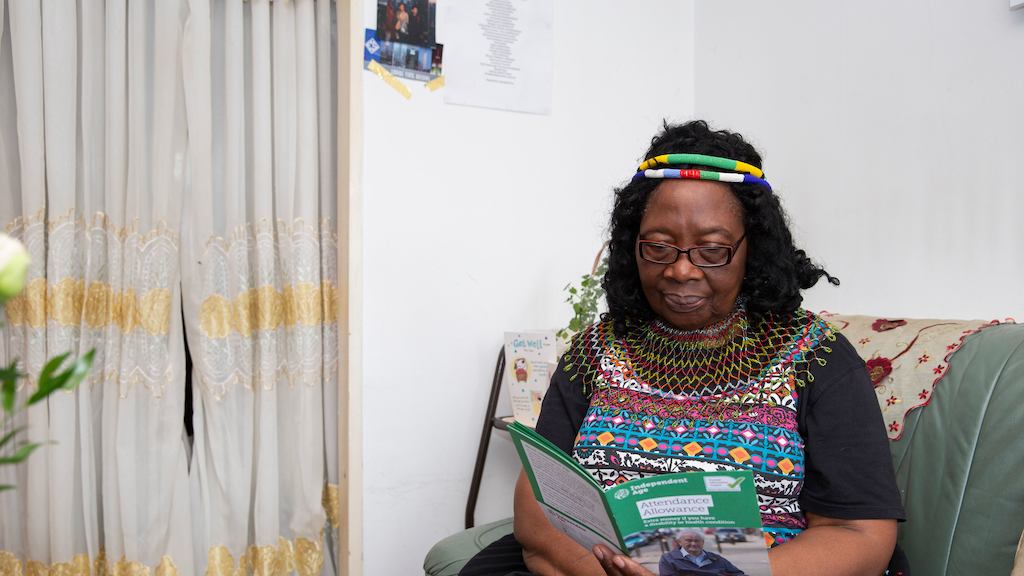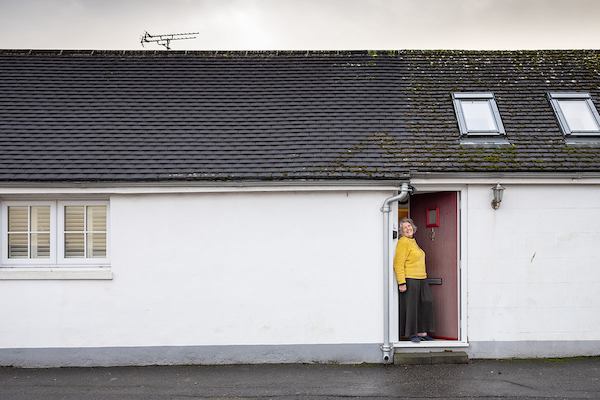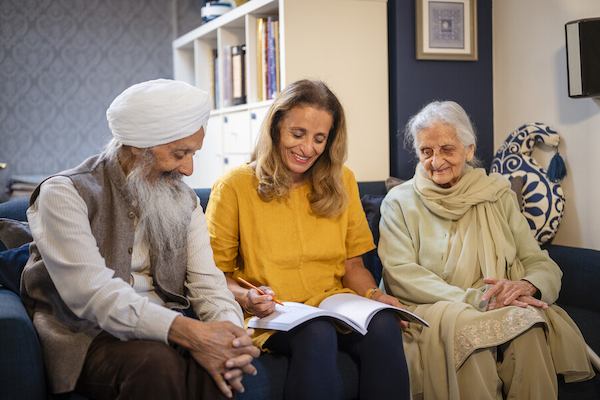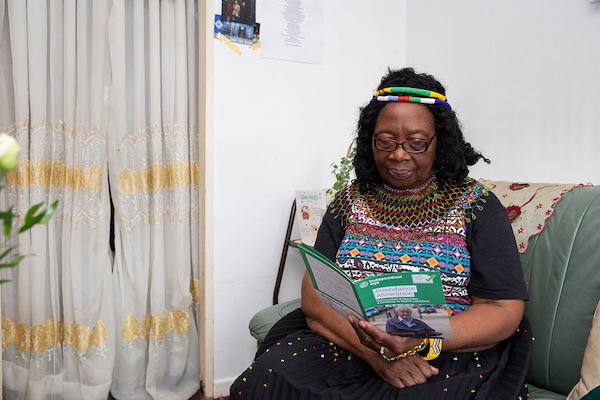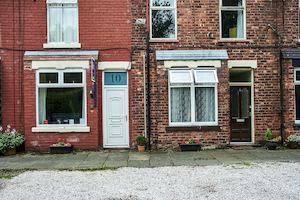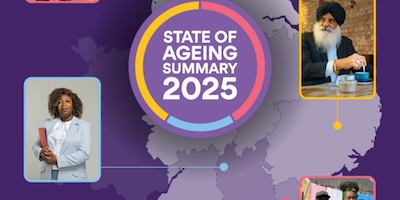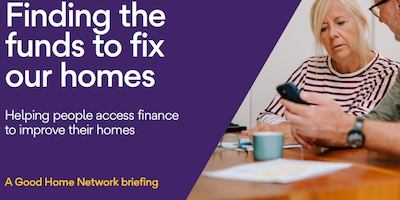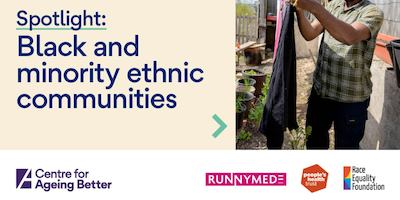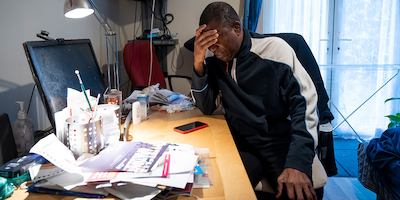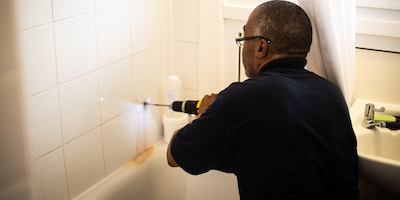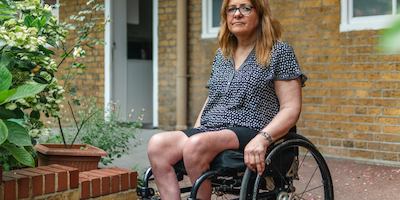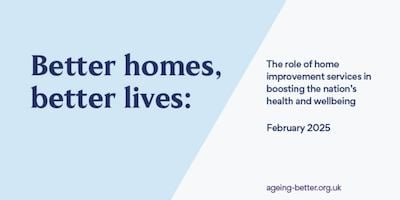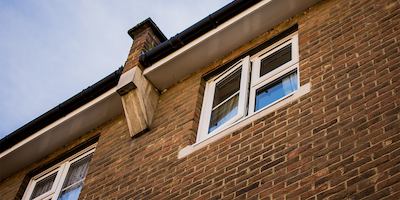In assessing how the Good Home Hub model can be made more equitable, anti-racist, and culturally responsive, the report found that older adults from these backgrounds have had terrible experiences with providers, forced to navigate unclear referral routes and poorly designed services which leave them trapped and their housing issues left unresolved.
Underpinning all of this, are years of systemic racism, historical housing inequality, and cultural disconnection.
For many older people from racially minoritised backgrounds, it is not just the inequalities they face today that has shaped the home they live in and their quality of life in later life, but the inequalities they have faced over their life course.
Less than half of local authorities monitor applicant ethnicity, leaving them unaware of the differences in people’s lived experience.
Intersections of age and race – along with other interconnected social identities – lead to prejudice and discrimination on several levels.
The convergence of these barriers to home improvement destroys a key component to building relationships between service providers and users: trust.
When services are not designed to be culturally competent and fail to meet the needs of the communities they serve, trust is eroded and people are left without access to services when they need them most.
With this trust gone, many people from racially minoritised communities rely solely on informal networks or community organisations for support and advice. Not only does this bar their access from much-needed financial support, but also it can lead to reliance on rogue traders, leaving them at risk of being taken advantage of.
It is vital to rebuild these relationships by recognising the complex interplay between housing tenure, access to secure housing, trust, cultural relevance, health, and structural inequality.
Action needs to be taken on multiple fronts to address this complex issue.
We are recommending that national government take the following steps to improve access to support services:
- Improve data collection and reporting, giving us an accurate picture of people’s experiences.
- Simplify access to grants, removing unnecessary barriers that preclude people from accessing vital, life-changing services.
- Target investment to deprived areas to prevent the postcode lottery from worsening and furthering inequalities.
- Ensure the upcoming Housing Strategy enables the creation of comprehensive home improvement services across the country.
On a local level, several things would improve people’s experience of home improvement:
- Local government needs to prioritise a diverse workforce within their housing support services; one that reflects the diversity of the communities they serve.
- Building strong partnerships with trusted community organisations to foster a sense of trust with racially minoritised communities, rebuilding that which prevents people from accessing these services.
- Develop a network of Good Home Hubs across the country, one-stop shops on all things housing improvement and adaptations. Ensure that the design of these Hubs centres people’s lived realities and puts in creative solutions to overcome learned mistrust of public institutions through fostering different ways of working.
- For those working in home improvement services, the focus needs to be on dignity, co-production with communities, and clear referral pathways.
Lastly, for funders and commissioners, we encourage you to invest in housing and support models that are explicitly designed to address inequalities, whilst building equitable evaluation frameworks that focus on measuring the impact of housing interventions both locally and nationally.
To help free racially minoritised communities from a never-ending cycle of poor-quality housing, we need interventions such as Good Home Hubs to be made available nationally, ensuring home improvement support is equitable, consistent across the country. This is only possible through systemic reform across housing policy, service delivery, and evaluation.
Everyone should live in a home that keeps them safe, warm and dry. To make this happen, national and local government, commissioners and practitioners must act.
The urgency lies not only in the numbers, but in the human cost; earlier onset of poor physical and mental health, greater insecurity, and lives cut short by conditions that are entirely preventable.
We all deserve a home that allows us to thrive, not just survive, where we feel safe and have our needs met. It is not enough to assume a one-size-fits all approach, we must consider the needs of everyone we want to reach with any service.
Without decisive intervention, inequalities will only deepen, people will suffer, and services will only be able to firefight, not prevent.
This article first appeared in LocalGov.co.uk
